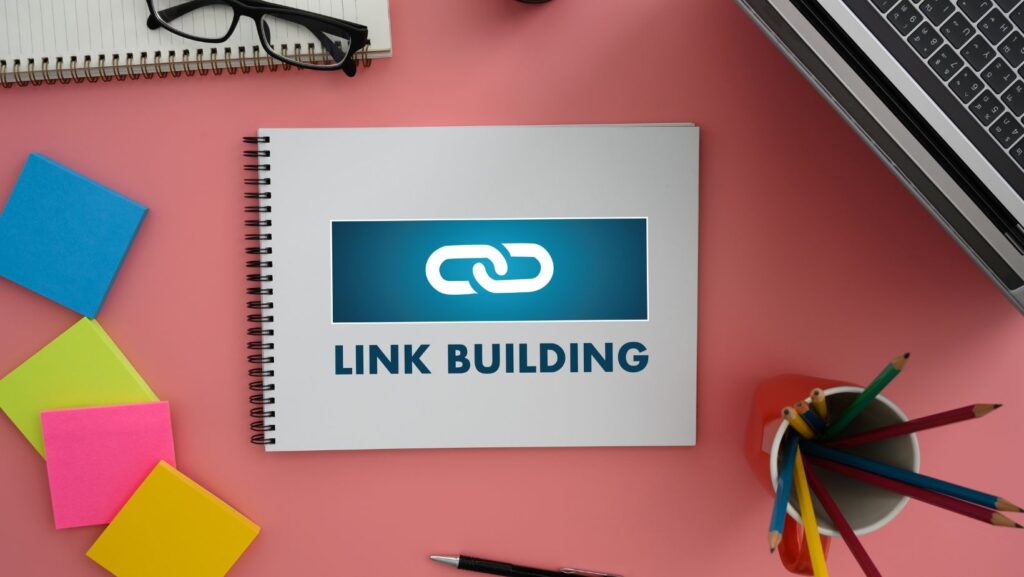
Link building is a crucial strategy for improving your website’s visibility in search engine results. By acquiring links from other reputable sites, you can boost your site’s authority, drive more traffic, and ultimately increase your rankings. However, while link building can be highly effective, it’s also easy to make mistakes that can harm your website’s performance rather than help it.
Understanding the potential pitfalls of link building is essential for anyone looking to improve their website’s search engine performance. By steering clear of these errors, you can build a stronger, more credible online presence that stands the test of time. Read on to learn how you can avoid these mistakes when building links.
Purchasing Links
One of the easiest ways to incorporate links into your website is simply to buy them. But this is a big mistake and actually something you should rather avoid. Search engines, like Google and others, penalize sites that make use of paid links and this can ultimately lead to a drop in rankings or even a complete removal from the search results.
If you are set on paying someone for a link, rather choose to pay for professional link building services instead. This way you can avoid any heartache from content being removed or penalized.
You can also choose to focus on the quality of your content, build relationships with industry influencers, and make use of ethical SEO practices in order to achieve optimal results.
Over-Optimized Anchor Text
The next mistake to avoid is over-optimized anchor text. Excessive use of exact-match keywords in anchor text can trigger penalties from search engines as it may be seen as manipulative or spammy.
Over-optimized anchor text can harm your site’s credibility and make it look less trustworthy to both search engines and users. Search engines have become better at understanding context. Overly optimized anchor text may not provide the intended SEO benefits and can be counterproductive.
Instead, you should rather make use of varied anchor text including a mix of branded, generic, and descriptive anchor text to create a natural link profile. Ensure that anchor text is relevant to the content it links to, and avoid forcing keywords into the anchor text.
Ignoring Relevance
Ignoring relevance in link building is a significant mistake. Links from irrelevant sites can be flagged by search engines as low-quality or manipulative, potentially leading to penalties or reduced rankings.
These kinds of links are less likely to attract the interest of your target audience, leading to a lower click-trough rate, and are therefore useless.
Relevant links from authoritative sites within your industry help build your site’s credibility and authority. Irrelevant links do not contribute to this and may even harm your site’s perceived authority.
Instead, you should rather seek links from sites that are related to your industry, niche, or content topic to ensure that the links are relevant to your audience.
Neglecting Content Quality
Last but not least, one of the worst mistakes you can make while link building is neglecting the quality of your content. This is something that is incredibly easy to do, especially if you are paying more attention to to volume of content you are producing.
Poor-quality content is less likely to attract attention, leading to fewer links and reduced engagement from users and other websites. High-quality content naturally earns links because it provides value. Neglecting quality limits your ability to attract valuable, organic backlinks.
Search engines tend to prioritize high-quality, valuable content in their rankings, while poor content is less likely to perform well in search results, limiting the effectiveness of your link-building strategy.












